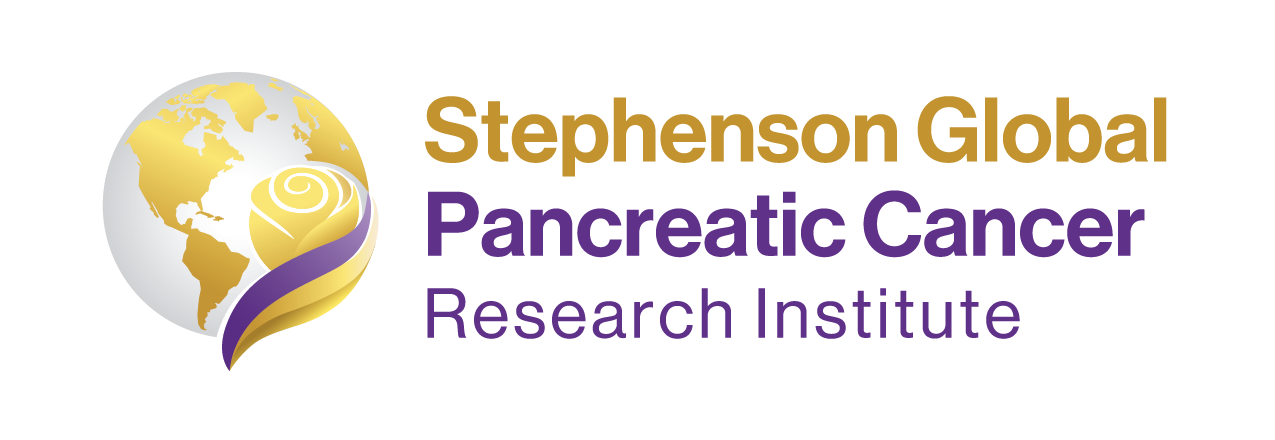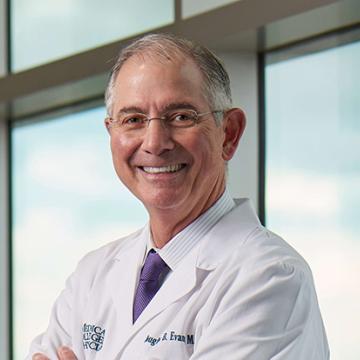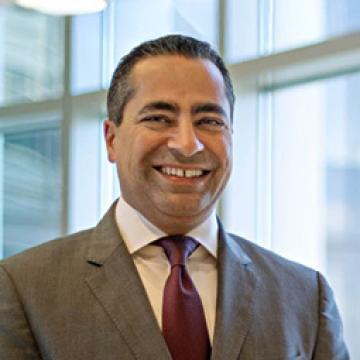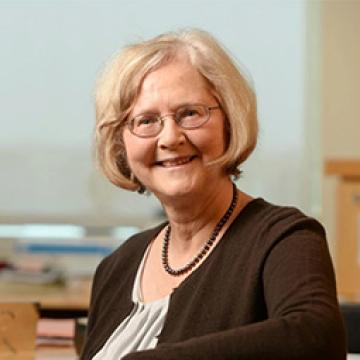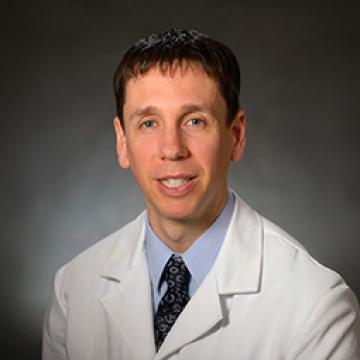Douglas Evans, M.D.
Dr. D.B. Evans is the Ausman Family Foundation Professor of Surgery and Chair of the Department of Surgery at The Medical College of Wisconsin. Prior to joining the Medical College of Wisconsin in 2009, he was the Hamill Foundation Distinguished Professor of Surgery at The University of Texas M. D. Anderson Cancer Center. Dr. Evans is a graduate of Bates College, where he has received the Benjamin E. Mays Medal for alumni achievement, and the Boston University School of Medicine. He completed a residency in surgery at Dartmouth followed by a surgical oncology fellowship at UT M. D. Anderson Cancer Center.
Dr. Evans has devoted his professional career to the research and treatment of pancreatic cancer; his interests include translational laboratory research, clinical trial development and innovative technical solutions to the surgical management of cancer. He has authored or co-authored over 400 journal articles, over 100 book chapters and has edited 10 books. He is past President of the American Association of Endocrine Surgeons (AAES) and received the American Society for Radiation Oncology’s (ASTRO) honorary member award. As a member of the LaBahn Pancreatic Cancer Program at MCW, Dr. Evans remains committed to improving the outcome for patients with pancreatic cancer.
